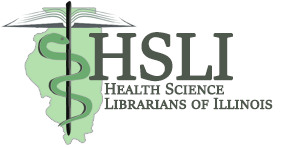(via Matthew Noe, Harvard Medical School)
The field of narrative medicine recognizes that stories articulate the language of the body. Rita Charon, the founder of the field of narrative medicine, brought both patient and practitioner to a fuller recognition of stories as a source of medical insight and intervention: stories that may take shape in words but originate through bodily drives. Drawing lessons from psychoanalysis about “attention, drives, and relationships,” she reminded us that the nineteenth-century photographs of hysteria captured images of bodies telling stories not yet spoken.
This special issue of American Imago, themed “Comics on the Couch: Graphic Medicine and Psychoanalysis”, will sustain Charon’s recognition of the place of psychoanalysis as an originating discourse in the practice of narrative medicine, but now will herald the burgeoning field of graphic medicine, which documents in image as well as text stories of health and illness-in comics. The same graphic novels and narratives which propelled comics studies into critical and academic acclaim now have taken center stage in medical, psychological, and other health and wellness arenas. Thus, this special issue will reframe for today’s patients, practitioners, and critics the question that Charon posed over two dec-ades ago in Psychoanalysis and Narrative Medicine: what are the dividends of placing psychoanalysis and graphic medicine side by side?
Contributors should consider, how can comics, which is filled with bodies displaying internal experience on the surface illuminate psychoanalysis, which opens both the analyst and analysand to the theaters of the body? How can psychoanalysis, which relies upon recursivity, help us think about comics, which relies upon sequentiality? This issue will reflect on such questions, bringing psychoanalysis and graphic medicine side by side to foster new cultural and clinical conversations.
Abstracts of no more than 300 words and a one-page CV should be sent to Vcamden@kent.edu and Valentino.Zullo@Ursuline.edu by Friday, September 15, 2023.
Accepted contributors should submit first draft of no more than 7500 words by January 15, 2024.
